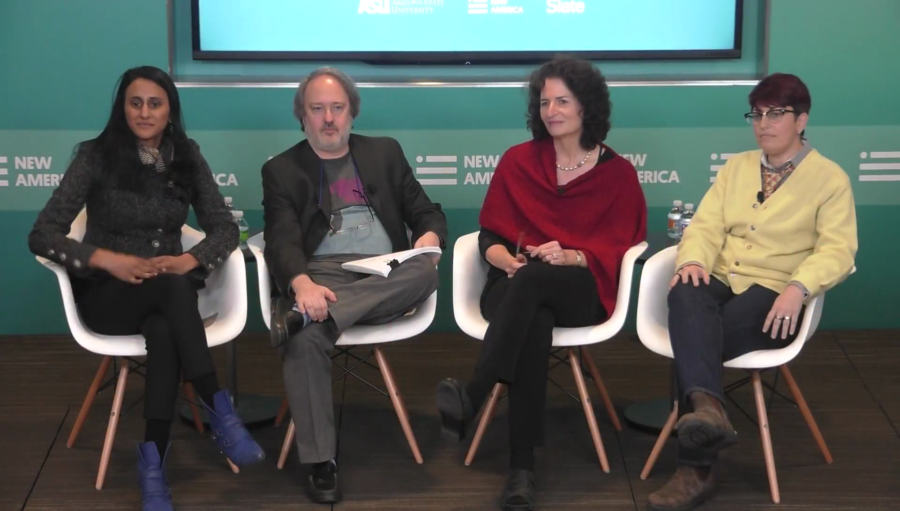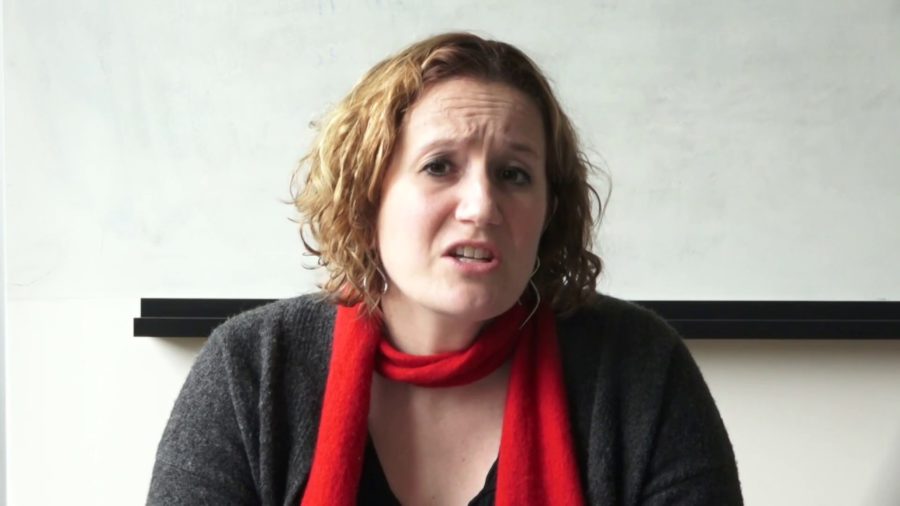So here’s what happened. If you tell people you’re going to have this super-open, absolutely non-commercial, money-free thing, but it has to survive in this environment that’s based on money, where it has to make money, how does anybody square that circle? How does anybody do anything? And so companies like Google that came along, in my view were backed into a corner. There was exactly one business plan available to them, which was advertising.
Archive (Page 3 of 8)
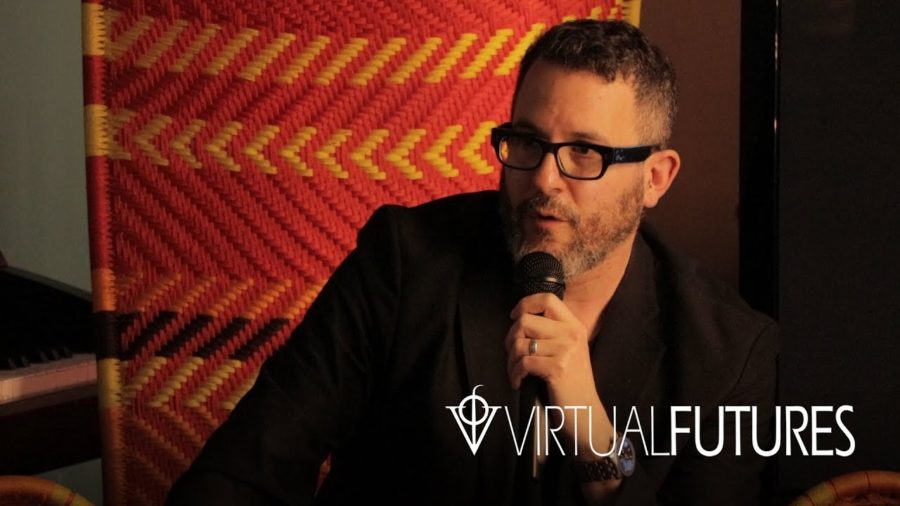
I am profoundly envious of people who get to write about settled domains or sort of settled states of affairs in human events. For me, I was dealing with a set of technologies which are either recently emerged or still in the process of emerging. And so it was a continual Red Queen’s race to keep up with these things as they announce themselves to us and try and wrap my head around them, understand what it was that they were proposing, understand what their effects were when deployed in the world.
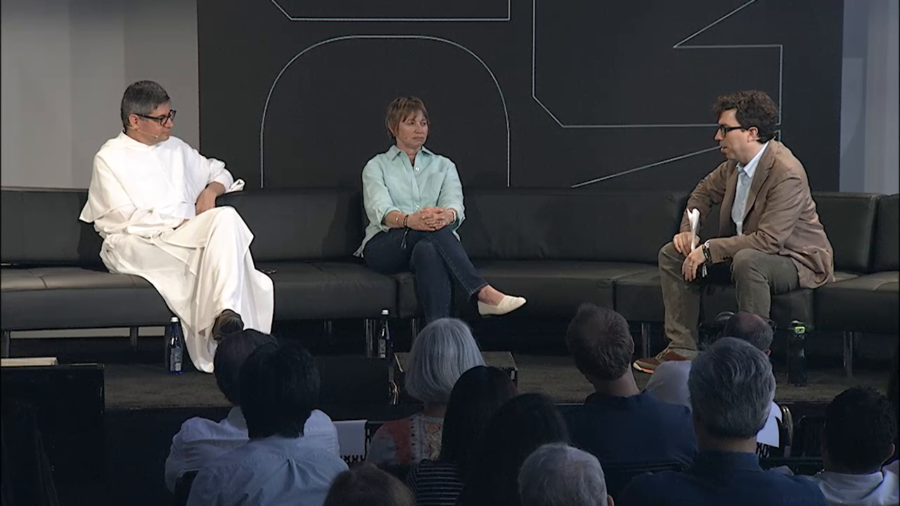
The challenge for the Church and for the theologians was to say okay, perhaps that’s what is written. But for example if you consider that God has delivered the Creation in seven days, knowing that nowadays Amazon can deliver everything on Earth overnight, it means that Jeff Bezos has defeated God? Or does it mean something different? And I think it means probably something different.
Historians get really nervous about patterns. That’s changing a bit now. And the truth of it is there’s not much way to avoid the 500-year cycle. You almost have to work too hard to unsay it, it’s so obviously there in every way. And if you say every 500 years we go through one, then you immediately say we’re in the 21st century and baby are we going through one.
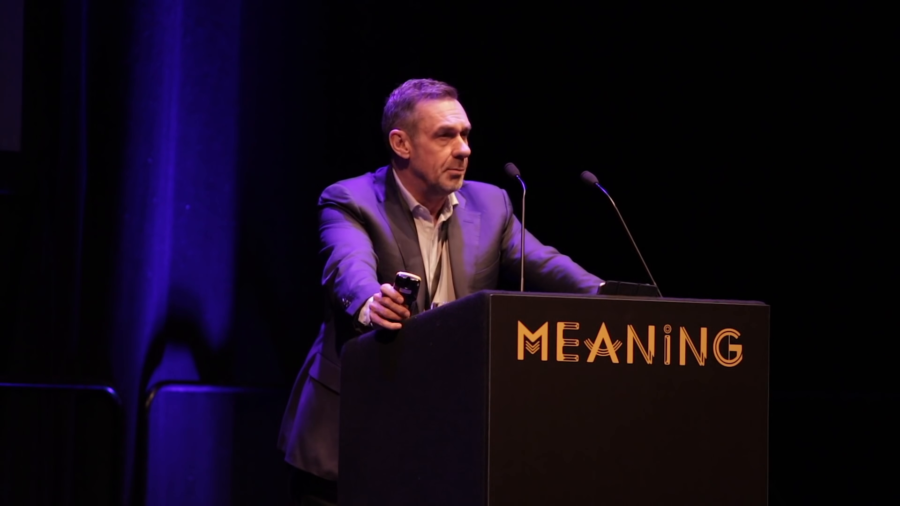
Neoliberalism is broken. The economic model of the last thirty years. It worked for a bit, dragged the bottom two thirds of the world’s population up the income scale dramatically, facilitated the tech revolution. But it’s stopped working.
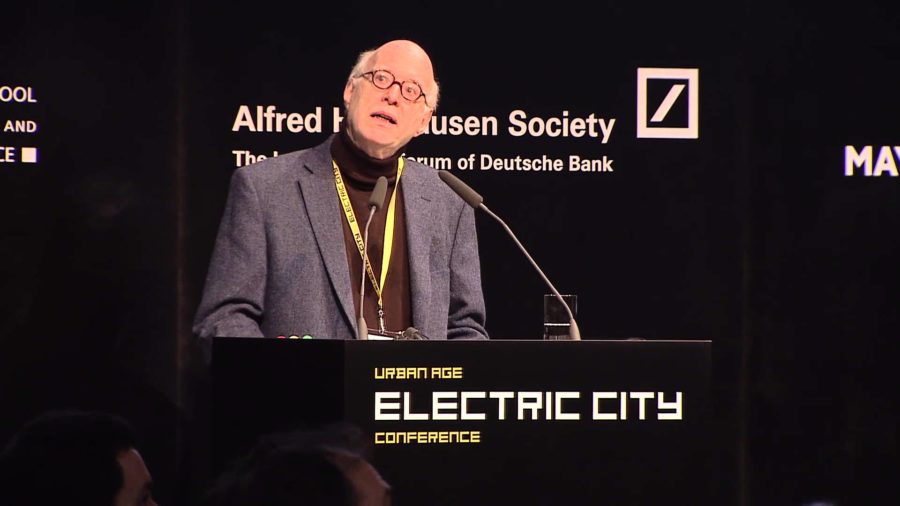
What I’m worried about is that with the technological tools that we have today, as in the past, our first use of them is the least inventive that we can make. And the issue is how urbanists can actually use these new tools well rather than use them in a way which is harmful.
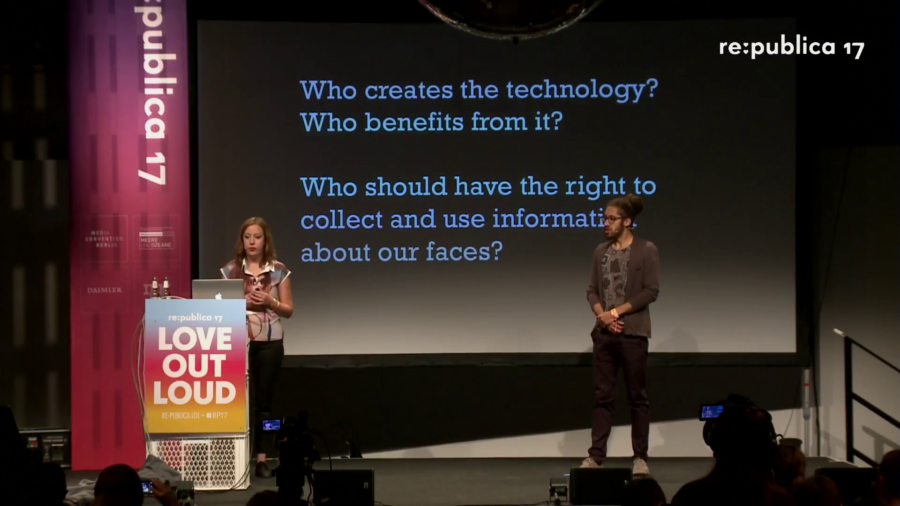
We have to ask who’s creating this technology and who benefits from it. Who should have the right to collect and use information about our faces and our bodies? What are the mechanisms of control? We have government control on the one hand, capitalism on the other hand, and this murky grey zone between who’s building the technology, who’s capturing, and who’s benefiting from it.
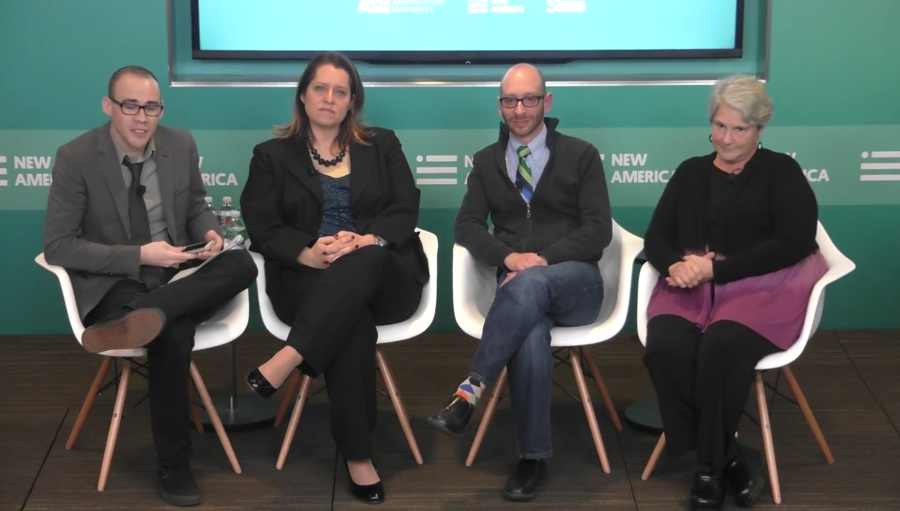
Victor’s sin wasn’t in being too ambitious, not necessarily in playing God. It was in failing to care for the being he created, failing to take responsibility and to provide the creature what it needed to thrive, to reach its potential, to be a positive development for society instead of a disaster.


